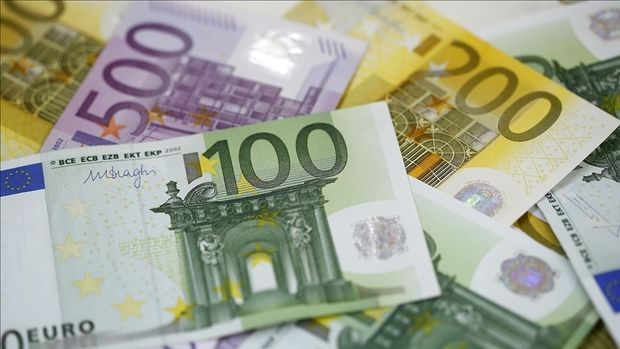Only the euro is now used in Croatia
As of January 1, Croatia has joined both Schengen and the Eurozone, while the transition from its official currency, the kuna, to the euro has also been completed. Croatia, which became a member of the European Union (EU) in 2013, became the 27th member of the Schengen area on January 1, while also switching its official currency from the kuna to the euro. While the official currency in Croatia is the euro, it was noted that kunas can be exchanged for euros at post offices by the end of 2023 and at the Croatian National Bank in 2024. Croatia has implemented the Schengen rules piecemeal since joining the EU in 2013. Croatia believes that joining Schengen will have a positive impact on the country's economy and increase its competitiveness thanks to the free, fast and cheaper movement of goods and services. The country also estimates that its tourism revenues will increase as a Schengen member. The Croatian government announced that as of January 1, land, rail and sea transportation and transport across the country's borders would be brought into line with Schengen rules, while it set a date of March 26, 2023 for airports to be fully ready. Croatia became the "20th country in the EU to use the euro."


